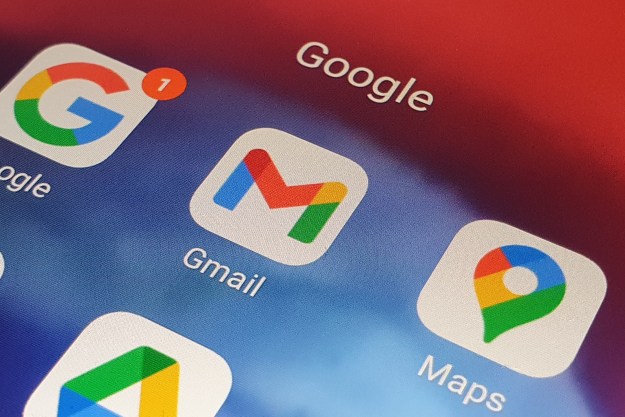Launching as an invite-only app in 2014, Google’s Inbox set out to create a more efficient email experience for users.
Four years and multiple updates later, the web company announced this week it’s going to retire Inbox in March 2019 and instead concentrate on improving Gmail.
Product manager Matthew Izatt said in a blog post the Inbox app had been “a great place to experiment with new ideas like snoozing emails to later, as well as try the latest A.I.-powered experiences like smart reply, nudges, and high-priority notifications to help you stay productive.” Indeed, many of the app’s more popular features have ended up in Gmail.
But Izatt said the company had recently decided to take “a more focused approach” with its email-based efforts to help it bring “the best email experience” to all of its users.
A major Gmail redesign arrived in April this year — its biggest overhaul in seven years — bringing with it some popular Inbox features to Google’s core web-based email service, which launched back in 2004.
Izatt said that with Inbox it had “learned a lot about how to make email better.”
Using Gmail
Google has created a transition guide for any Inbox users concerned about switching from the soon-to-be-retired app to Gmail, though it should only be a case of familiarizing yourself with the Gmail interface if you haven’t checked in for a while.
“All your conversations are already waiting for you in Gmail,” Izatt said, reminding everyone that Inbox and Gmail work with the same email address and share all the same data.
When Inbox launched in October 2014, Google CEO Sundar Pichai — then senior president for Android, Chrome, and apps — said the software had been “years in the making,” adding that it was aimed at those for whom “dealing with email has become a daily chore that distracts from what we really need to do, rather than helping us get those things done.”
For Google developers, Inbox was a neat way to test new features to improve Gmail, but it seems the usefulness of the app has run its course for the company as it pools resources and throws its weight behind improving its better-known email service instead.
Editors' Recommendations
- Google Messages vs. Samsung Messages: Which app should you use?
- Google just redesigned one of its biggest apps, and it’s bad
- One of the biggest podcast apps is shutting down in August
- Google Play Store helps find the apps invading your privacy
- Google launches Pixel Arena in NBA app for the playoffs


